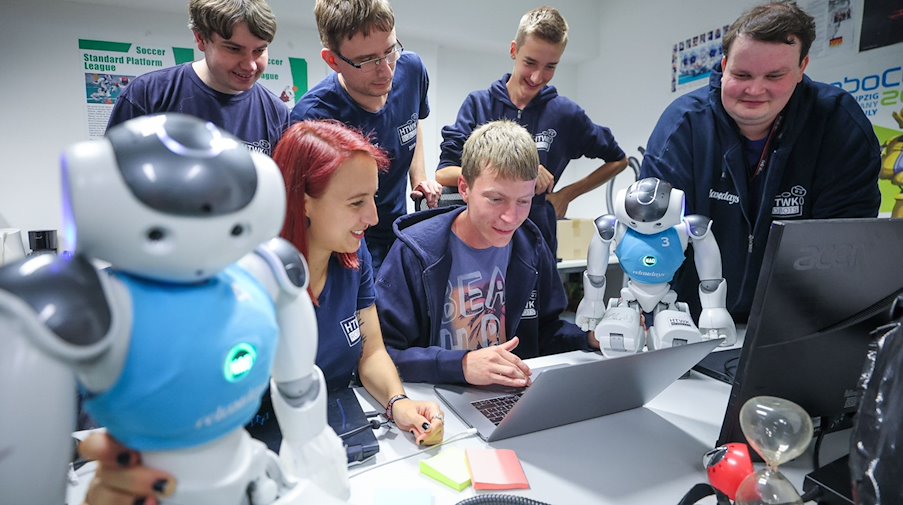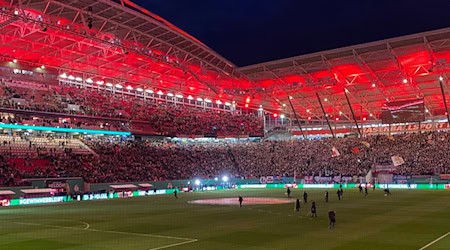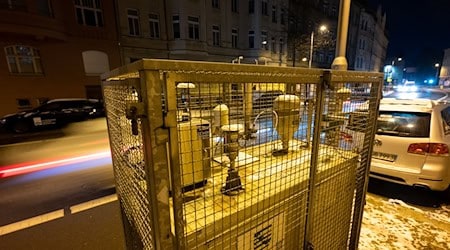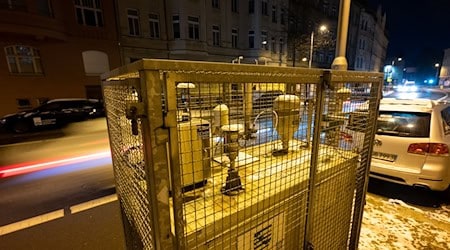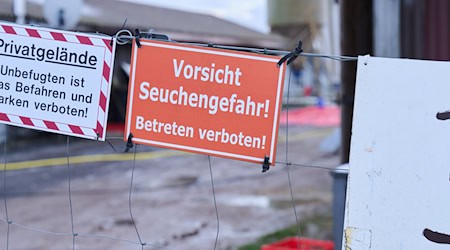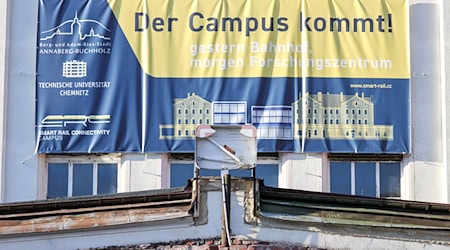Robot soccer - far more than just a game. The HTWK Leipzig team is competing against the world's elite and is aiming for the world championship title. But there is much more behind the competition than just the fun of it. Join us on a journey behind the scenes of this fascinating discipline and learn how passion for technology, strategic thinking and team spirit lead to innovations that have significance far beyond the soccer pitch.
The preparation: intensive work behind the scenes
Get up off the ground, find the ball, run to it and shoot! A task that seems so simple to us is the result of months of hard work for the seven-member robot soccer team from the Leipzig University of Applied Sciences (HTWK). "I can't even count the time we've spent here," shares team member Max Polter. For him and his team, training primarily means many hours in front of the computer. With a firm eye on the goal: winning the world championship. Already next week, this opportunity presents itself in Bordeaux, France.
"In 2018, we were already world champions. Since then, we've been kind of cursed to always finish second. So a victory would be an absolute treat," said Polter. Starting July 5, he and his 12-member team will face teams from around the world - including teams from Switzerland, Ireland, Australia, the United States and Italy. "It's exactly the nerd event you imagine," Polter says with a smile.
Unique strategies: team spirit and open codes
With many new faces on the team, the atmosphere in Leipzig is exuberant, the 31-year-old reports. "The competitions are always great fun. Despite the competition, we all maintain a friendly relationship with each other." In a spirit of cooperation, some teams even publish their code, revealing their strategies and masterpieces.
The HTWK team plays in a special league, Polter explains. "With us, everyone has the same robots. So it's all about the software, the code." In other leagues, teams develop and build their AI-controlled soccer robots themselves.
The Leipzig team is the only one that has opted to have Star Dust, Dawn and their robo-mates carry their arms behind their backs. "This makes us slimmer and allows us to slip through any gap. We want to avoid damaging the robots," Polter says. Because carrying off as little damage as possible is important: "If a robot breaks, we can't intervene during the game. We then have to continue with one less robot on the field."
The team from Bremen is considered the favorite for the championship title, says the computer scientist. "So the chances of a German-German final are good." What looks like a nerdy hobby at first glance is actually much more: "With what we are doing here, we can solve current challenges in computer science," Polter says.
Solutions like the ones Polter and his team are looking for are needed wherever several autonomous systems have to interact with each other. "It's about image processing, for example. We have really bright people on our team - some have PhDs or are in the process. What we do is much more than playful trial and error and a nerdy hobby."
Copyright 2023, dpa (www.dpa.de). All rights reserved

